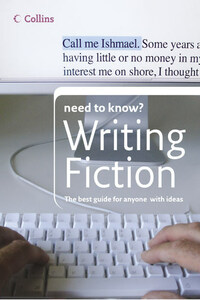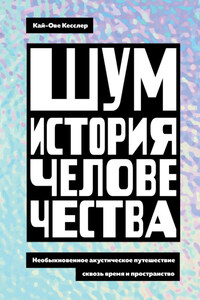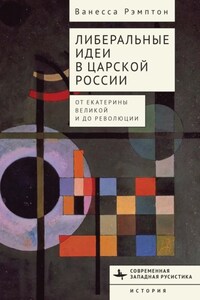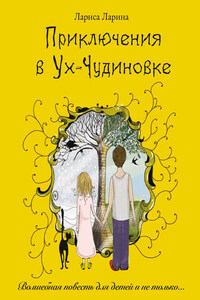Writing Fiction

This one-stop practical guide will show you how to write the novel that’s in you bursting to get out. To make your progress easier, it comes in a handy ebook format with expert advice throughout.For those who have always wanted to write fiction but didn’t know where to start, look no further. In Need to Know? Writing Fiction, respected novelist and creative writing teacher Alan Wall lends his expertise and advice on how to tap into your creative resources and give fiction writing a go.In this comprehensive guide, Alan Wall takes you through all aspects of the complex process, breaking down the many elements that go into crafting a good piece of writing.With his sharp analysis of literary classics, Alan deconstructs the text and lays bare the techniques behind the art, including everything from character, plot and setting, to narrative style, genre and the intricacies of language.Whether you want to write a short story or a novel, this book is a comprehensive and authoritative guide on how to fulfil your creative potential.Includes chapters on: Character, plot, setting, genres, humour, narrative structures, language, atmosphere, conclusions, drafting, and preparing for publication.







